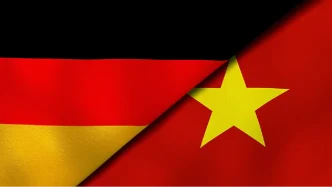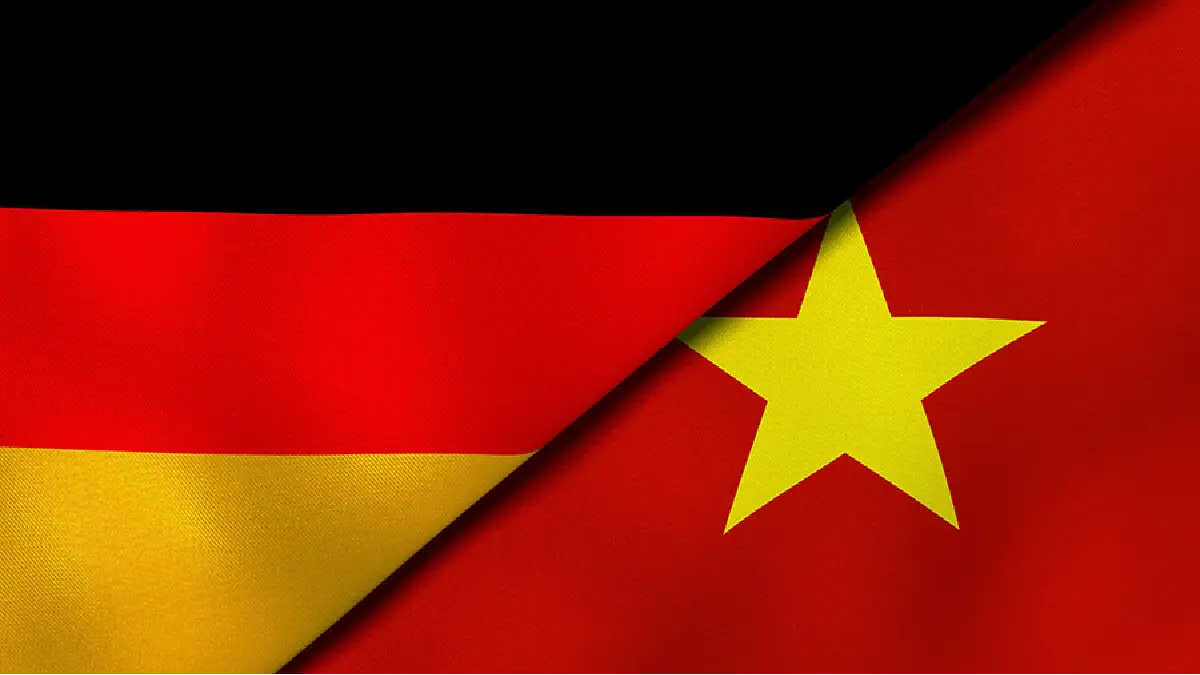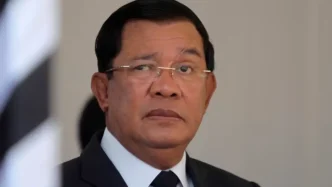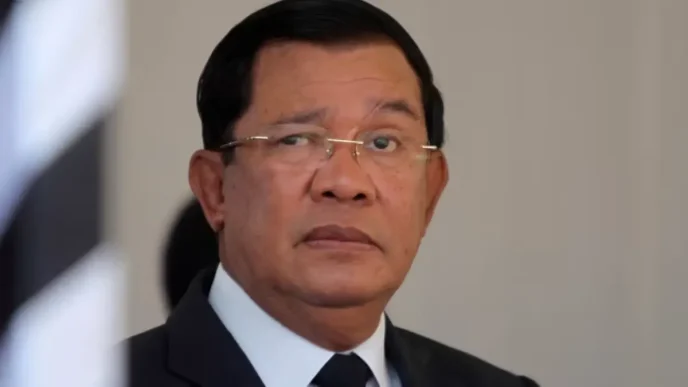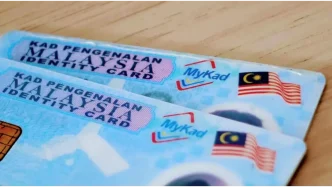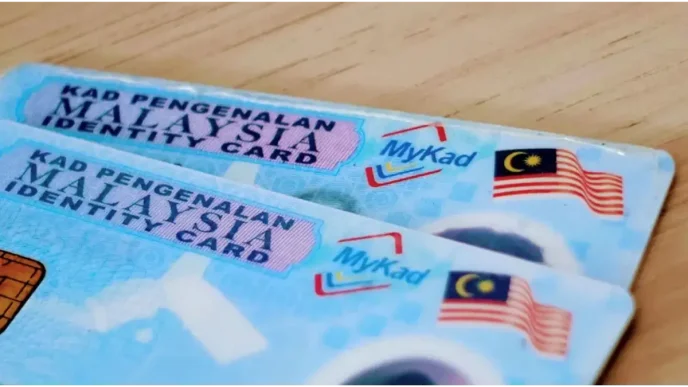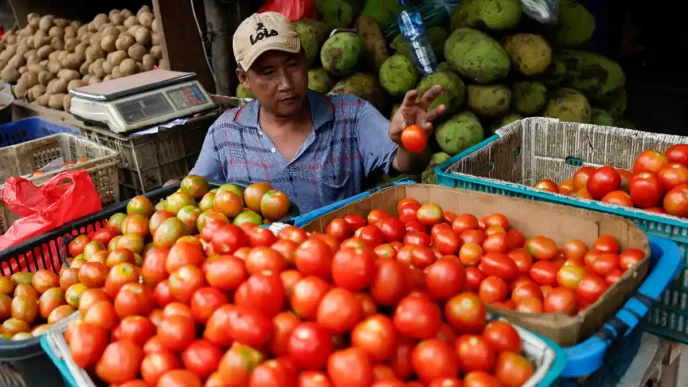Germany has taken a significant step toward strengthening economic ties with Vietnam, as the German government officially submitted the EU-Vietnam Investment Protection Agreement (EVIPA) to the Bundestag for ratification on July 23, 2025. This move, long advocated by both the Vietnamese government and the German business community, signals a new chapter in bilateral relations, promising enhanced trade and investment opportunities in one of Southeast Asia’s most dynamic economies.
A Milestone in Economic Cooperation
The submission of the EVIPA to the German parliament marks a pivotal moment in the strategic partnership between Vietnam and Germany. The agreement, designed to complement the EU-Vietnam Free Trade Agreement (EVFTA) implemented in 2020, aims to provide a robust legal framework for protecting investments and fostering economic collaboration. At the 11th meeting of the German Federal Cabinet, a draft law was approved, covering not only the EVIPA but also a similar investment protection agreement with Singapore, underlining Germany’s broader commitment to deepening ties with Southeast Asia.
The EVIPA is expected to create new momentum for trade and investment between the two nations. Earlier in July 2025, during a working visit to Berlin for the Global Summit of Women, Vietnamese State Vice President Vo Thi Anh Xuan met with Vice President of the German Bundestag Bodo Ramelow. During their discussion on July 2, Ramelow confirmed that the German parliament had already initiated consultations with relevant stakeholders to prepare for the ratification process, highlighting the importance of this agreement for bilateral cooperation.
Strengthening a Key Economic Partnership
Economic ties between Vietnam and Germany form a cornerstone of their strategic partnership. Germany stands as Vietnam’s largest trading partner in Europe, while Vietnam holds the position of Germany’s biggest trading partner in Southeast Asia. Two-way trade between the nations has been growing steadily at over 10 percent annually, a trend bolstered by the EVFTA, which Germany strongly supported. This trade agreement has significantly increased the export of Vietnamese goods—ranging from consumer products to agricultural items—to the German market.
The complementary nature of their economies further enhances the potential for collaboration. Vietnam excels in light industry, services, consumer goods, agricultural products, digitalization, and information technology. In contrast, Germany brings expertise in heavy industry, machinery, raw materials, and cutting-edge clean energy technologies. This synergy positions both countries to benefit from deeper economic integration, with the EVIPA providing the necessary legal safeguards to encourage German investors to expand operations in Vietnam.
Vietnam’s Rising Appeal for Investment
Vietnam’s geopolitical significance in Asia and the Indo-Pacific region has grown in recent years, bolstered by its dynamic economy, young workforce, and strategic location. These factors have made the country an increasingly attractive destination for foreign investment. By the end of 2023, Germany ranked 17th among 146 countries and territories investing in Vietnam, with 463 projects valued at approximately US$2.68 billion. In 2024, this figure rose to 472 projects worth US$2.76 billion, reflecting a steady upward trend in German investment.
German investors, guided by a policy of diversification and risk reduction in the region, have increasingly prioritized Vietnam due to its lower investment costs and the Vietnamese government’s commitment to sustainable development. Key areas of cooperation include renewable energy, green transition initiatives, manufacturing, services, logistics, and education. The EVIPA is expected to further accelerate this trend by providing a stable and predictable environment for long-term investments.
Broader Implications for EU-Southeast Asia Relations
The ratification of the EVIPA by Germany, a leading economy in the European Union, sends a strong signal about the bloc’s commitment to fostering economic ties with Southeast Asia. The agreement complements existing free trade frameworks with Vietnam and Singapore, creating a more integrated economic relationship between the EU and this fast-growing region. For Vietnam, the EVIPA not only strengthens its partnership with Germany but also enhances its standing as a reliable investment destination within the EU’s broader trade and investment strategy.
Beyond economics, the agreement carries political significance. It underscores the mutual trust and shared vision between Vietnam and Germany, particularly in areas such as sustainable development and the green transition. As global challenges like climate change and supply chain disruptions intensify, partnerships like these are crucial for building resilient economies. The EVIPA positions both countries to collaborate on innovative solutions, from renewable energy projects to advancements in digital infrastructure.
Challenges and Opportunities Ahead
While the submission of the EVIPA to the Bundestag is a positive development, the ratification process is not without challenges. The consultation process with stakeholders, as noted by Bodo Ramelow during his meeting with Vo Thi Anh Xuan, will be critical in addressing any concerns from German businesses, policymakers, and civil society. Ensuring that the agreement aligns with both national interests and EU regulations will require careful negotiation and transparency.
Moreover, the success of the EVIPA will depend on Vietnam’s ability to maintain a business-friendly environment. While the country has made significant strides in improving its investment climate, issues such as bureaucratic hurdles and regulatory inconsistencies remain. Addressing these challenges will be essential to fully realizing the potential of the agreement and sustaining the momentum of German investment.
On the opportunity side, the EVIPA offers a platform for Vietnam to deepen its integration into global value chains. With Germany’s technological expertise and Vietnam’s manufacturing capabilities, the two countries are well-positioned to collaborate on high-value industries such as clean energy and advanced manufacturing. This partnership could serve as a model for other EU member states considering similar agreements with Vietnam, further amplifying the country’s role in the region.
Looking to the Future
As the German Bundestag deliberates on the ratification of the EVIPA, the agreement stands as a testament to the enduring partnership between Vietnam and Germany. Its potential to drive economic growth, foster innovation, and promote sustainable development is significant, offering benefits not only to the two nations but also to the broader EU-Southeast Asia relationship.
Yet, the true impact of the EVIPA will unfold in the coming years, as businesses on both sides navigate the opportunities and challenges it presents. For now, Germany’s submission of the agreement marks a crucial step forward, reinforcing Vietnam’s position as a key player in the global economy and a vital partner for Europe in the Indo-Pacific region. As the ratification process progresses, the question remains: how swiftly can this legal framework translate into tangible economic gains for both nations?

